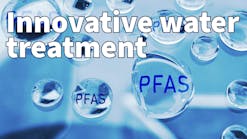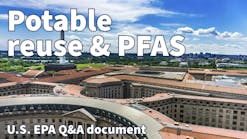TOKYO, Japan, Mar. 21, 2011 -- Information from Japan's government ministries has downplayed fears that nuclear pollution from the failing Fukushima nuclear plant has reached the country's water supply.
The International Atomic Energy Authority (IAEA) said that an analysis for Iodine-131, known as radioiodine, and Cesium-137 in tap water from 46 locations resulted in the majority of samples being classed as "non-detects".
Results shared with the IAEA from the Ministry of Education, Culture, Sports, Science and Technology (MEXT) in Japan showed that only six out of the 46 samples exhibited any radioactive iodine. However, concentration was reported to be below levels allowed by the Japanese food hygiene law for emergency monitoring criteria for drinking water.
Meanwhile, information from Japan's Ministry of Health, Labor and Welfare sent to the IAEA showed that the presence of Iodine-131 in three milk samples, tested in the town of Kawamata, was above allowed levels.
Such information is likely to be welcomed following the devastating magnitude 9.0 earthquake in Japan, leaving a trail of destruction in its wake across the north east.
Latest reports suggest the government has advised people against drinking tap water in the village of Iitatemura, located in the prefecture of Fukushima.
News agency AFP reported ministry official Shogo Misawa as saying: "There is no immediate effect on health if it [tap water] is taken temporarily...But as a precaution, we are advising people in the village through the prefectural office to refrain from drinking it."
Last week Water & Wastewater International reported how the Japan quake impacted on groundwater levels as far away as America, affecting the states of Texas and Virginia (see WWi story).
A huge international relief effort is now underway in the East Coast of Japan to bring bottled water supplies to the country (see WWi story).


